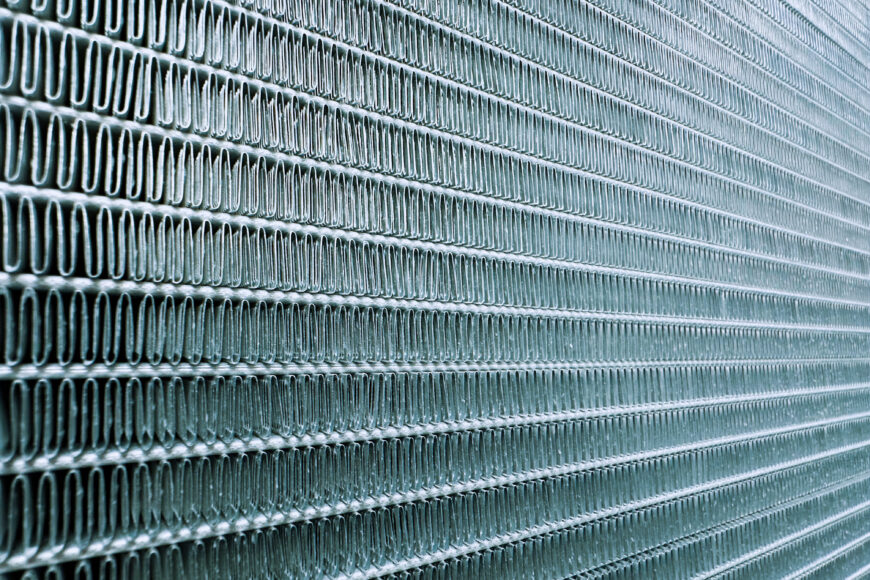- June 7, 2024
- By Bobbie Hicks
- In Uncategorized
- 366
- 0

The radiator is a crucial component of your car’s cooling system. It’s responsible for keeping your engine at the optimal temperature, ensuring it runs smoothly and efficiently. Essentially, the radiator dissipates the heat generated by the engine, preventing it from overheating. It works in conjunction with other parts like the thermostat, water pump, and cooling fan to maintain a balanced temperature.
The process begins when the engine heats up the coolant, a mixture of water and antifreeze. The heated coolant is then pumped through the radiator’s core, which is made up of a series of thin metal fins and tubes. As the coolant flows through these tubes, the radiator fan and the airflow from driving cool it down. The cooled coolant then cycles back to the engine to absorb more heat, creating a continuous loop.
Radiators can fail for several reasons, each leading to potential engine damage if not addressed promptly:
Leaks
The most common issue is a leak. This can occur due to corrosion, a cracked hose, or a damaged radiator core. Even a small leak can lead to significant coolant loss, resulting in overheating.
Clogging
Over time, debris, rust, and sediment can build up inside the radiator, clogging the narrow piping. This restricts the flow of coolant, reducing the radiator’s efficiency and causing the engine to overheat.
Faulty Thermostat
The thermostat regulates the flow of coolant. If it’s stuck closed, the coolant won’t circulate properly, leading to overheating. Conversely, if it’s stuck open, the engine may run too cool, affecting performance and fuel efficiency.
Broken Cooling Fan
The cooling fan is essential for drawing air through the radiator when the car isn’t moving fast enough to do so naturally. A malfunctioning fan can result in poor cooling and overheating, especially in stop-and-go traffic.
Corrosion
Over time, the metal components of the radiator can corrode, particularly if the coolant hasn’t been changed regularly. This can weaken the radiator, causing leaks and reduced efficiency.
Failing to address radiator issues promptly can lead to severe consequences for your vehicle:
Engine Overheating
The most immediate risk is engine overheating. This can cause significant damage, including warped cylinders, blown head gaskets, and even complete engine failure.
Reduced Performance
An overheating engine may run poorly, with decreased power and efficiency. This can affect your car’s overall performance and fuel economy.
Increased Repair Costs
Ignoring minor radiator problems can lead to more extensive and expensive repairs down the line. For example, a simple leak can escalate to a full-blown engine rebuild if not fixed promptly.
Safety Hazards
Overheating can cause your engine to seize, potentially leading to dangerous situations if it happens while driving. It’s essential to address any cooling system issues to ensure your safety on the road.
At BBack Car Care, we understand the critical role your radiator plays in keeping your car running smoothly. Regular maintenance and prompt repairs are essential to avoid the risks associated with radiator failure. If you notice any signs of radiator trouble, such as coolant leaks, overheating, or unusual noises, don’t hesitate to bring your car to our expert technicians. We’ll diagnose and fix the issue, ensuring your vehicle stays cool and reliable on the road.
Stay cool this summer and keep your car in tip-top shape with BBack Car Care!